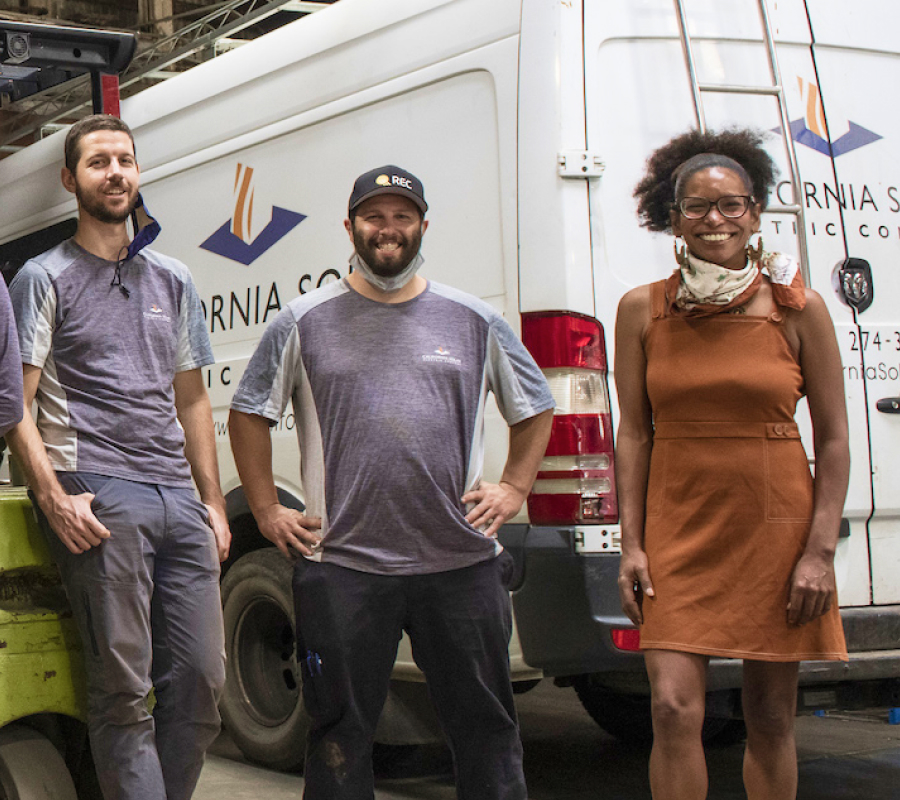Employee Ownership is a powerful business model that can help take businesses to scale, while also building assets for employees and strengthening communities.
In the United States, we swim in a sea of myths about successful businesses: that there is one owner who calls all the shots; that a successful business either gets handed down to family, goes public, or gets sold to a private equity firm; and that benefits somehow trickle down to employees and community.
These traditional ways of thinking leave little room for alternative definitions of a successful business. But what if that success was defined by how the business benefitted its workers through democratic decision making? Or how it helped grow and keep wealth in the community where it was located? Or how it was reducing the racial wealth gap by building assets for black and brown employees? Or how the business was ultimately owned and run by its employees?
Compelled by these questions, in 2019 the Kendeda Fund committed $24 million to four organizations over five years, with the singular goal of helping them redefine what makes a business “successful” by expanding democratic employee ownership in America. Their focus, broadly speaking, is on transitioning existing small- and medium-sized businesses to democratic employee ownership to stem the tide of business closures, and give employees a chance at ownership. Kendeda’s funds will directly enable more than 100 business transitions, and those businesses will model the opportunity for many more.
EO Grantee Partners
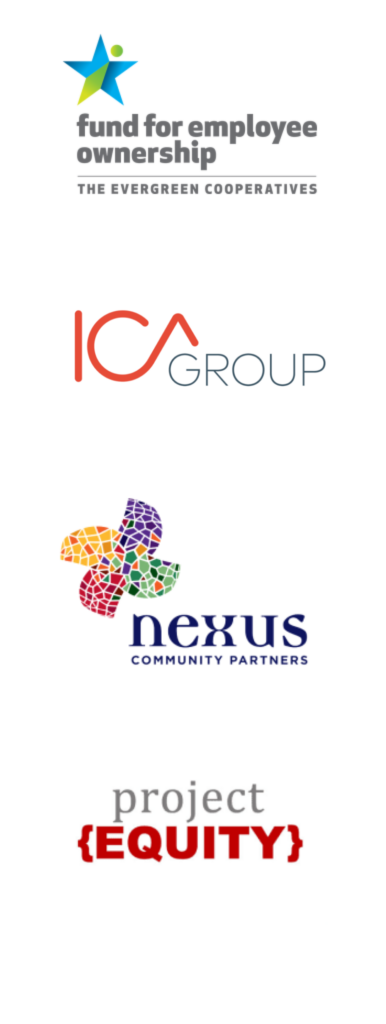
A new narrative for Employee Ownership that expands opportunities to build community wealth.
Convinced that employee ownership is a powerful idea in search of a broader audience, Kendeda’s four grantee partners teamed up with Hattaway Communications to build a new narrative for employee ownership, and invite business owners to join the effort. Their Employee Ownership Equals campaign launched in October, 2021, and is expected to run at least through March 2023.
The campaign, which takes advantage of the best psycho-social communications strategies, is committed to reaching a broad audience of business owners who have not yet considered employee ownership. It seeks to expand the employee ownership movement, helping more small businesses thrive, empowering workers with higher quality jobs, and building more equitable communities.
While there is a good bit of available information aimed at people who’ve already decided to transition their business to employee ownership, there was far less practical guidance for people who don’t know all the benefits EO offers and how it could help their business, their employees and their retirement plans. The EO Equals campaign is designed to fill that gap.
EO Equals Resources
A study of small business owners conducted in 2021 demonstrates why employee ownership is a powerful tool for small business. Employee Ownership Survey 2021
Employee Ownership & Economic Wellbeing: Household Wealth, Job Stability, and Employment Quality Among Employee-Owners Age 28 to 34. National Center for Employee Ownership, May 2017
The EO= website contains resources and tools designed to help business owners assess if conversion to an employee-owned structure is right for them. Click here to take the EO Quiz and download the workbook.
EO Partners
Kendeda’s four grantee partners – The Fund for Employee Ownership at Evergreen Cooperative Corporation, Project Equity, ICA Group, and Nexus Community Partners – all raise awareness of alternative models for wealth building while empowering thousands of workers who have traditionally lacked economic security.
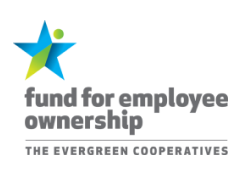
Housed under the Evergreen Cooperative Corporation in Cleveland, Ohio, the Fund for Employee Ownership provides mission-driven capital to create quality jobs via employee ownership. The Fund acquires businesses from retiring baby boomers, converts those businesses to worker ownership, and supports them as part of the Evergreen Cooperatives network of employee-owned businesses.
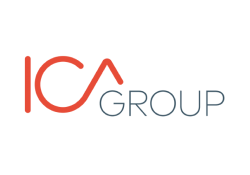
The ICA Group seeks to change the nature of work by building businesses and institutions that center worker voice, grow worker wealth, and build worker power. It is a leading practitioner in the employee ownership field and since its founding in 1977, has leveraged the power of employee ownership to combat the proliferation of bad jobs, with a particular focus on industry transformation in the child care and home care sectors. ICA administers the Massachusetts Center for Employee Ownership, the Alternative Staffing Alliance and is part of Owner 2 Owners, an initiative of New York City.
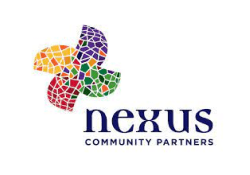
Nexus Community Partners, based in St. Paul, Minn., works to advance equitable and just communities in which all residents are engaged, recognized as leaders and have multiple pathways to opportunity. By supporting business conversions to worker-ownership, Nexus aims to ensure communities of color have mechanisms to own the wealth their labor has helped to create. As an intermediary, Nexus supports cooperative ecosystems to leverage the resources of public, private, philanthropic and nonprofit partners
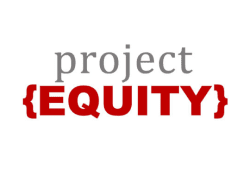
Project Equity is a national leader in the movement to harness employee ownership to maintain thriving local business communities and address income and wealth inequality. Project Equity works with partners around the country to raise awareness about employee ownership as an exit strategy for business owners, and as an important approach for increasing employee engagement and wellbeing. They also provide hands-on consulting and support to companies that want to transition to employee ownership through ESOPs, worker cooperatives, or Employee Ownership Trusts, as well as to new employee-owners to ensure that they, and their businesses, thrive after the transition.
